Russia to deploy Sarmat missiles by autumn in ‘historic’ nuclear upgrade
Russia plans to deploy its newly-tested nuclear-capable intercontinental ballistic missiles by fall, two months into a military operation in Ukraine that has added fuel to the fire of tension between Moscow and the West.
Dmitry Rogozin, head of Russia’s space agency Roscosmos, said in an interview with the Rossiya 24 TV channel on Saturday that the target deployment date for the Sarmat missile, which is capable of mounting nuclear strikes against the United States, is an ambitious one.
“We plan to do it no later than autumn,” he said.
Rogozin went on to say that the missiles would be deployed with a unit in the Krasnoyarsk region of Siberia, about 3,000 km (1,860 miles) east of Moscow, adding that they would be placed at the same sites and in the same silos as the Soviet-era Voyevoda missiles they are replacing, something that would save “colossal resources and time.”
He also said the launch of the Russian “super weapon” is an historic event that would guarantee the security of Russia’s children and grandchildren for the next 30-40 years.
Russia successfully test-launched the Sarmat missile, a long-awaited addition to the country’s nuclear arsenal, from a silo launcher in Plesetsk State on April 21.
Russian President Vladimir Putin congratulated the army on the successful launch of the Sarmat, calling it “a big, significant event” for Russia’s defense industry.
He also said the unique weapon has the highest tactical and technical characteristics and is capable of overcoming all modern means of anti-missile defense, adding that it would make Moscow’s enemies “think twice.”
The Sarmat is capable of carrying 10 or more nuclear warheads and decoys, and of striking targets thousands of miles away in the United States or Europe.
The test of the Sarmat, which has been under development for years, came at a moment of extreme geopolitical tension over the war in Ukraine.
Putin announced a military offensive against Ukraine on February 24. The conflict has provoked a unanimous response from Western countries, which have imposed a long list of sanctions on Moscow.
Days later, Putin put the country’s nuclear deterrence forces on “high alert,” after NATO’s leading members said they would speed weapons and other military assistance to help Ukraine battle Russian forces.
Moscow has repeatedly warned NATO against sending more weapons and troops near Russia, and some NATO members have cautioned that such moves would drastically escalate tensions.
In March, United Nations Secretary-General Antonio Guterres warned that the prospect of nuclear conflict “once unthinkable, is now back within the realm of possibility.”
US federal immigration agents detain 5-year-old boy in Minnesota
Trump used presidency to pocket $1.4 billion in first year back in office: Report
EU divided over new Iran sanctions
China hits US with economic counteroffensive after Maduro’s abduction: Report
Ben-Gvir arms more Israeli settlers amid rising violence in West Bank
'Hands on trigger': IRGC warns US and Israel against any miscalculation
VIDEO | US and Israel’s failed terrorism
After Venezuela, Trump sets sight on Cuba for 'regime change': Report


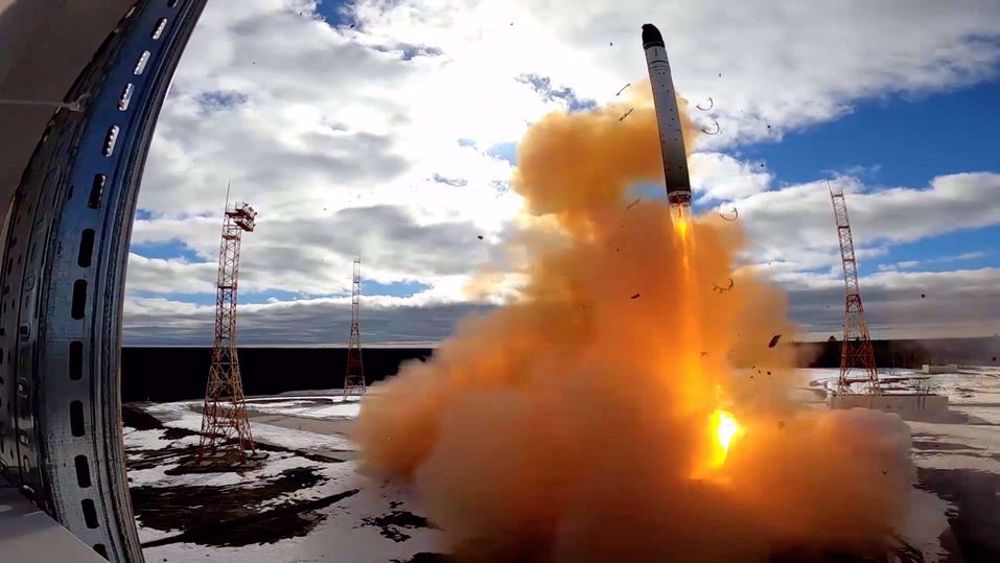
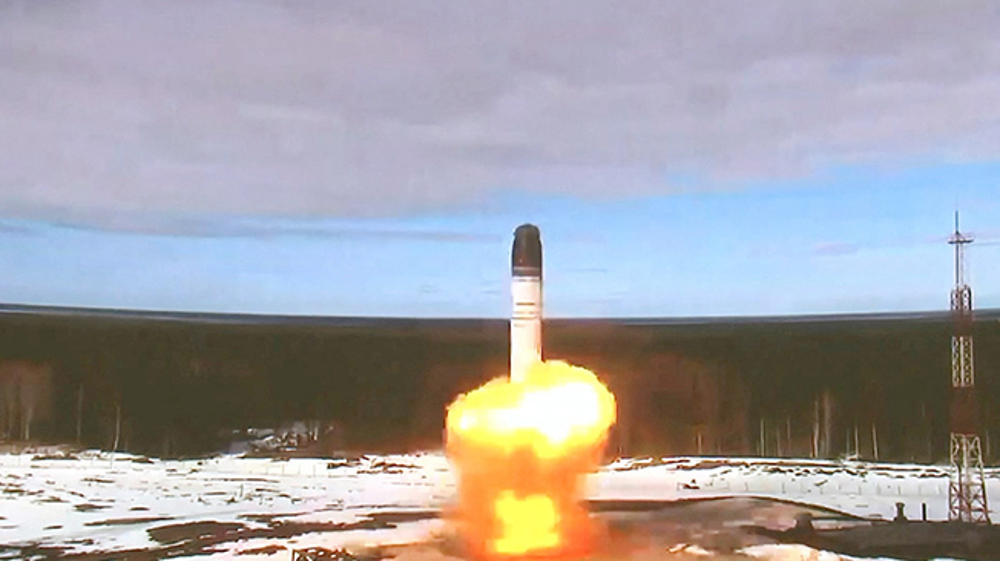
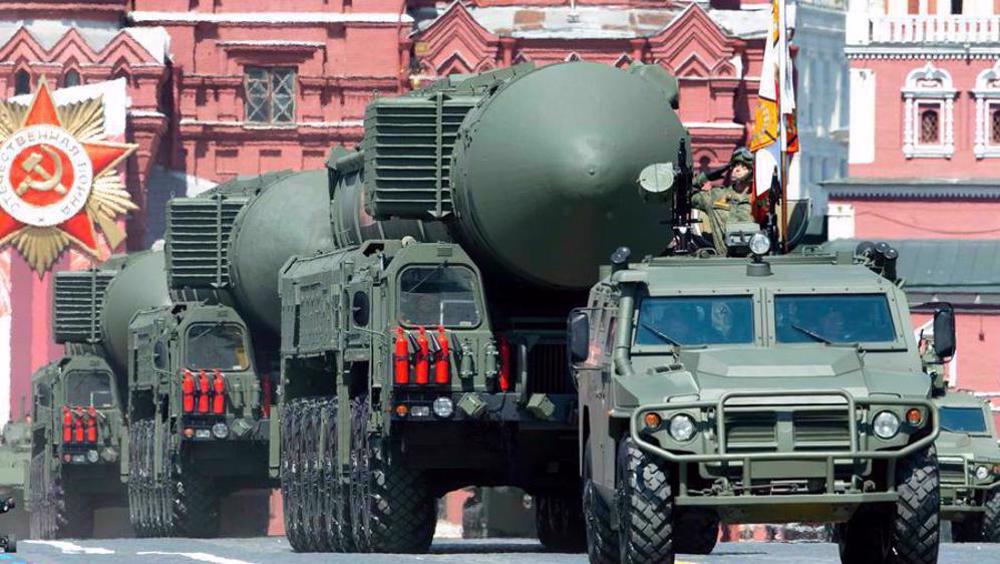
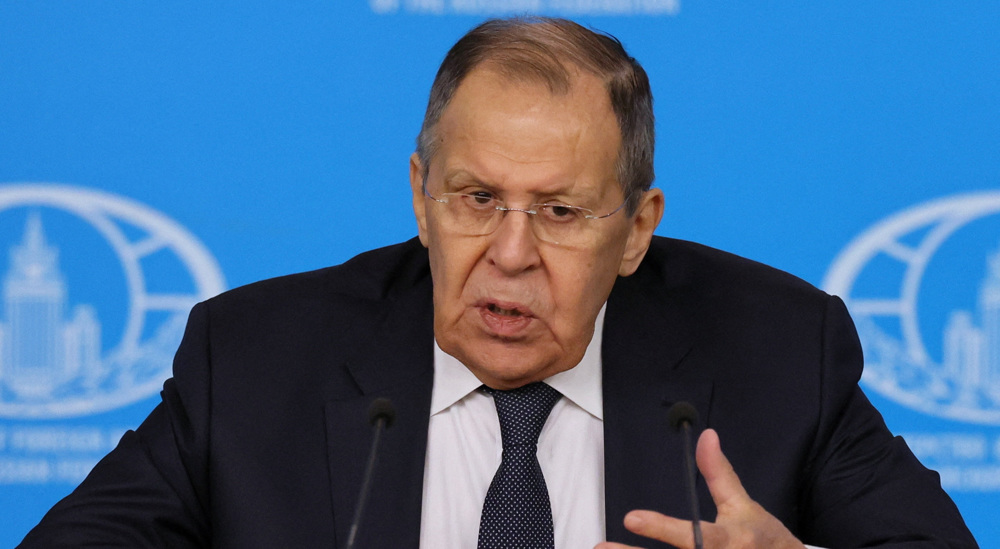
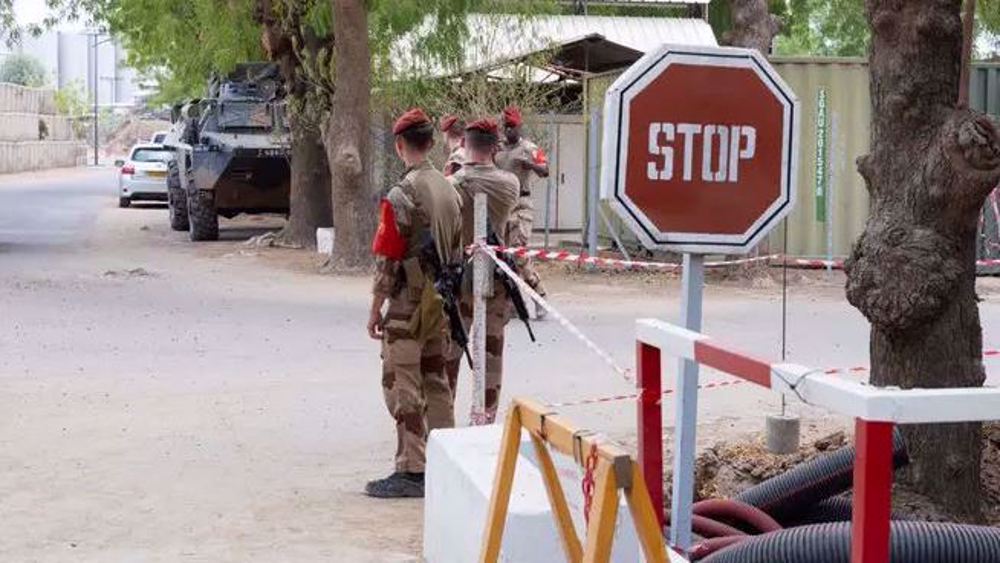
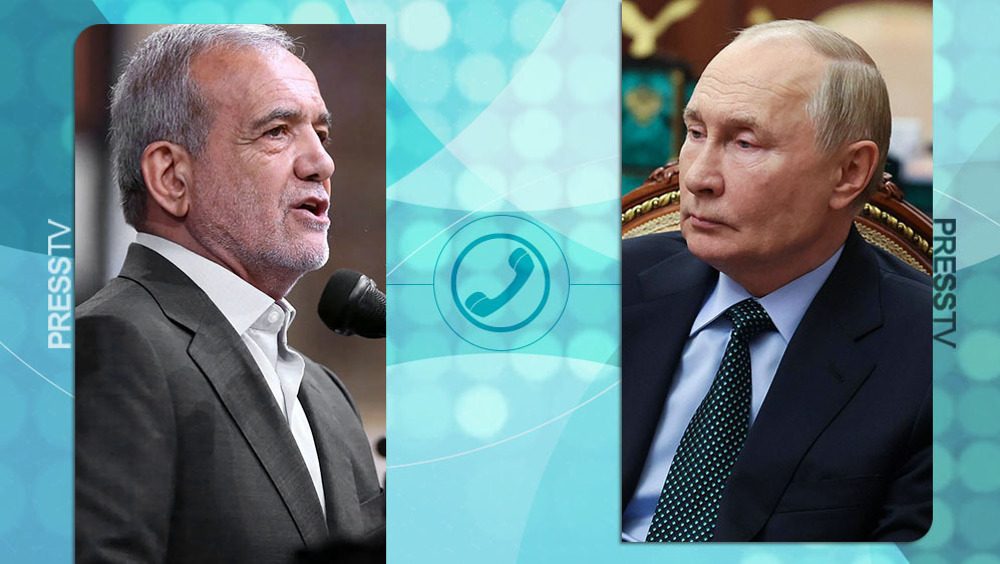



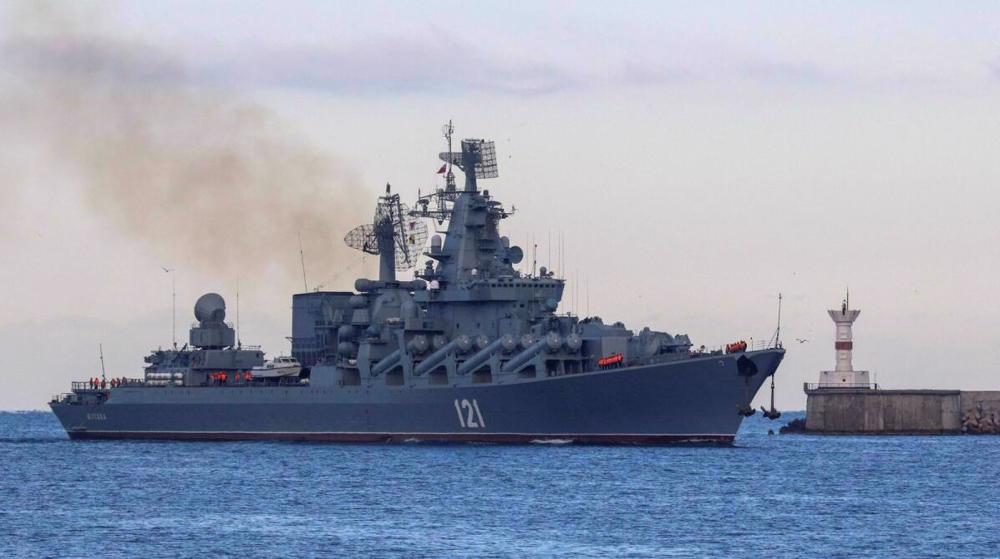
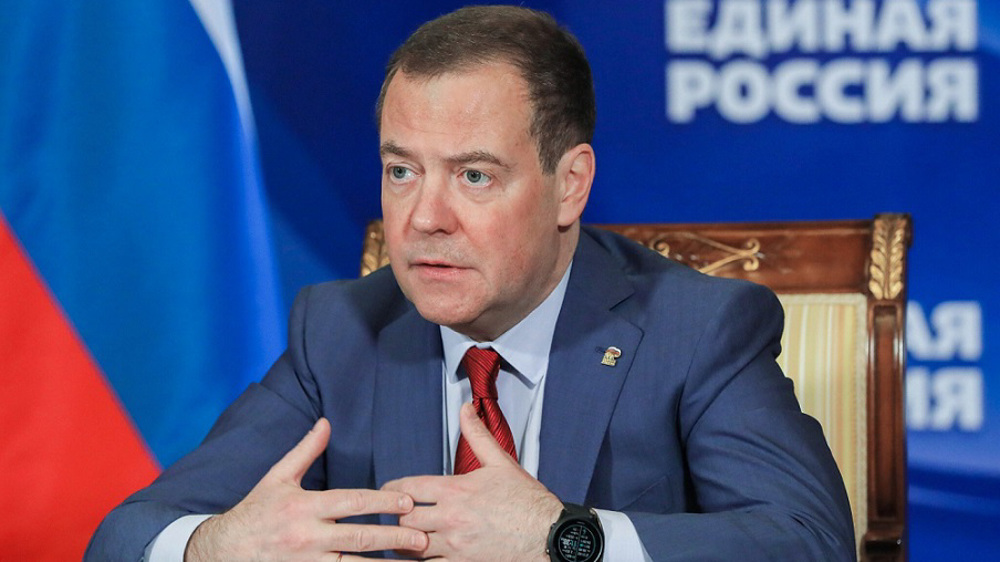

 This makes it easy to access the Press TV website
This makes it easy to access the Press TV website